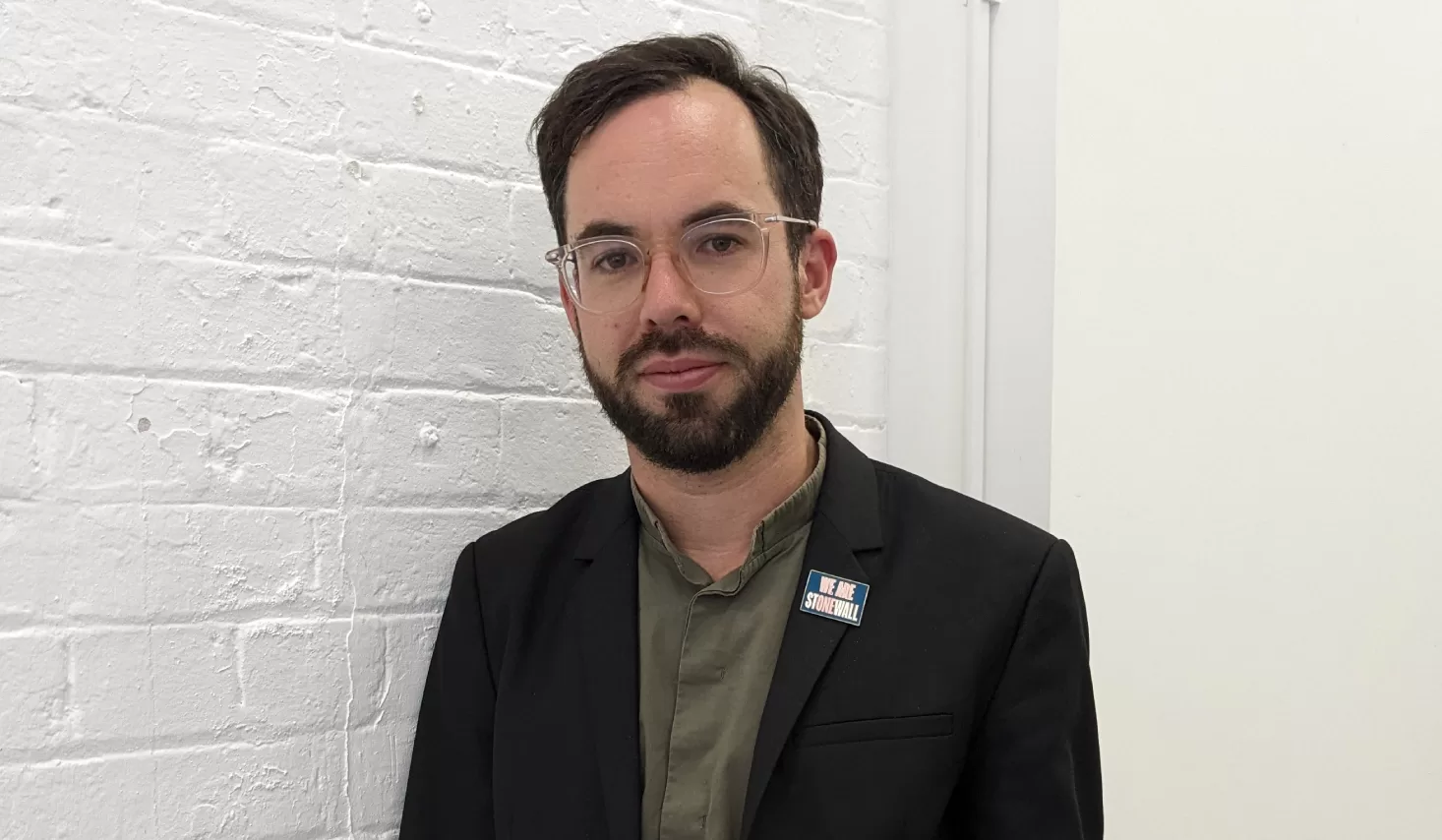It was fantastic to sit down with Robbie and chat about some of the main LGBTQ+ issues impacting our community now.
I began by asking Robbie why LGBT+ History Month is important?
History is so important in helping us build a sense of who we are and how we fit into the world. We know LGBTQIA+ people have always been there, so making sure that everyone can see LGBTQIA+ people at great historical moments but also everyday lives is important for showing that we are a community that matters. We deserve to be visible and have our stories understood, as well as celebrating our identities. We have to do that actively, because no one will do it for us. Otherwise, we risk our stories being missed out of the main narrative.
Can you explain what we mean by a comprehensive ban on conversion practices?
Conversion practices are awful and can be quasi-medical, psychotherapeutic or spiritual, taking place in a range of settings. If you leave loopholes within legislation then the perpetrators of conversion practices will just find another way to carry on, because these are people who really want to cure or suppress LGBTQIA+ identities. By comprehensive we’re taking about the range of practices and settings, but also the range of identities. We can’t just have a gay conversion therapy ban – what about bi, trans or asexual people? No country around the world which has banned conversion practices in recent years has sought to protect one identity over another. Legislatures have recognised that bans need to be comprehensive to be effective.
How can hate crime legislation be strengthened to protect LGBTQIA+ people?
We’ve had hate crime laws which have been built up over a long time. Originally race or faith based hate crimes were considered aggravated for sentencing purposes. When hate crime legislation for sexual orientation, trans identities and on the basis of disability was introduced, the legislation didn’t allow for that higher level of sentencing. The Law Commission reported on this in November 2021, recommending parity across all hate crimes at the aggravated level. It’s quite a simple change, but we haven’t had a full response from the UK Government. There are amendments that we’ve worked with MPs to table at the Committee Stage of the Criminal Justice Bill. The question is whether the Home Office accept those amendments and make a significant difference to LGBTQIA+ people and disabled people who experience hate crime.
